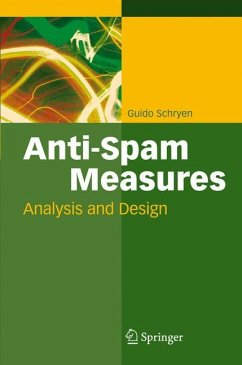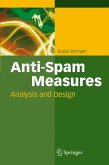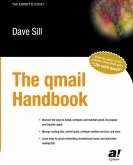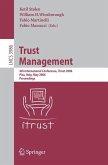I am not sure about the meaning of a preface, neither about its convenience or needlessness nor about the addressees. However, I suppose that it is expected to tell a (part of the) "story behind the story" and that it is read by at least two types of readers: The ?rst group consists of friends, colleagues, and all others who have contributed to the "opus" in any way. Presumably, most of them like being named in the preface, and I think they deserve this attention becausetheyhaveaccompaniedtheroadtotheopusandare,thus,partofthe whole. Thesecondgroupcomprisesthoseacademicfellowswhoareinthesame boot as I am in terms of preparing or having even ?nished their doctoral or habilitation thesis. All others - be it that they generally like reading prefaces or expect hints with regard to the reading of this book - are likewise welcome to reading this preface. This book contains most parts of my habilitation thesis, which was - cepted by the Faculty of Business and Economics of the RWTH Aachen U- versity, Germany. Unfortunately, to avoid possible copyright violation, I had to omit some paragraphs of the proposed infrastructure framework presented in Chapt. 6. If you are interested in the full version of this speci?c chapter, please contact me (schryen@gmx. net) and I will be happy to provide you an electronic copy. Usually, a thesis represents a (loosely-coupled) collection of published papers (cumulative thesis) or a classic monograph.
From the reviews: "Schryen's book basically contains his German habilitation dissertation. ... This work is a methodical analysis of the potential, limitations, advantages, and drawbacks of antispam measures. ... In summary, Schryen provides a comprehensive overview of the state of the art of the antispam field. An excellent work for those working in this field. Summing Up: Highly recommended. Faculty; researchers; professionals." (C. Tappert, CHOICE, Vol. 45 (6), 2008) "This book investigates the problem of email spam ... . It is well written and important concepts ... are exhaustively outlined along with relevant code headers and sensible discussions. I was actually very impressed with the work here and once I started to delve into the contents of this book, I did discover a lot more about this field ... . a tour de force of anti-spam measures and I would hope that this book will become a bedtime read for researchers in the field." (Kevin Curran, Informer, Issue 26, Spring, 2008) "This book ... reviews the history of spam, assesses the current situation and the economic significance of spam, analyzes current anti-spam measures, and proposes changes to the email infrastructure framework to address spam. ... Anyone frustrated by spam will find the book to be an excellent reference ... . The book is a timely review of the current state of spam email on the Internet. It contains thorough references, several appendices, and a good index." (David B. Henderson, ACM Computing Reviews, January, 2009)









